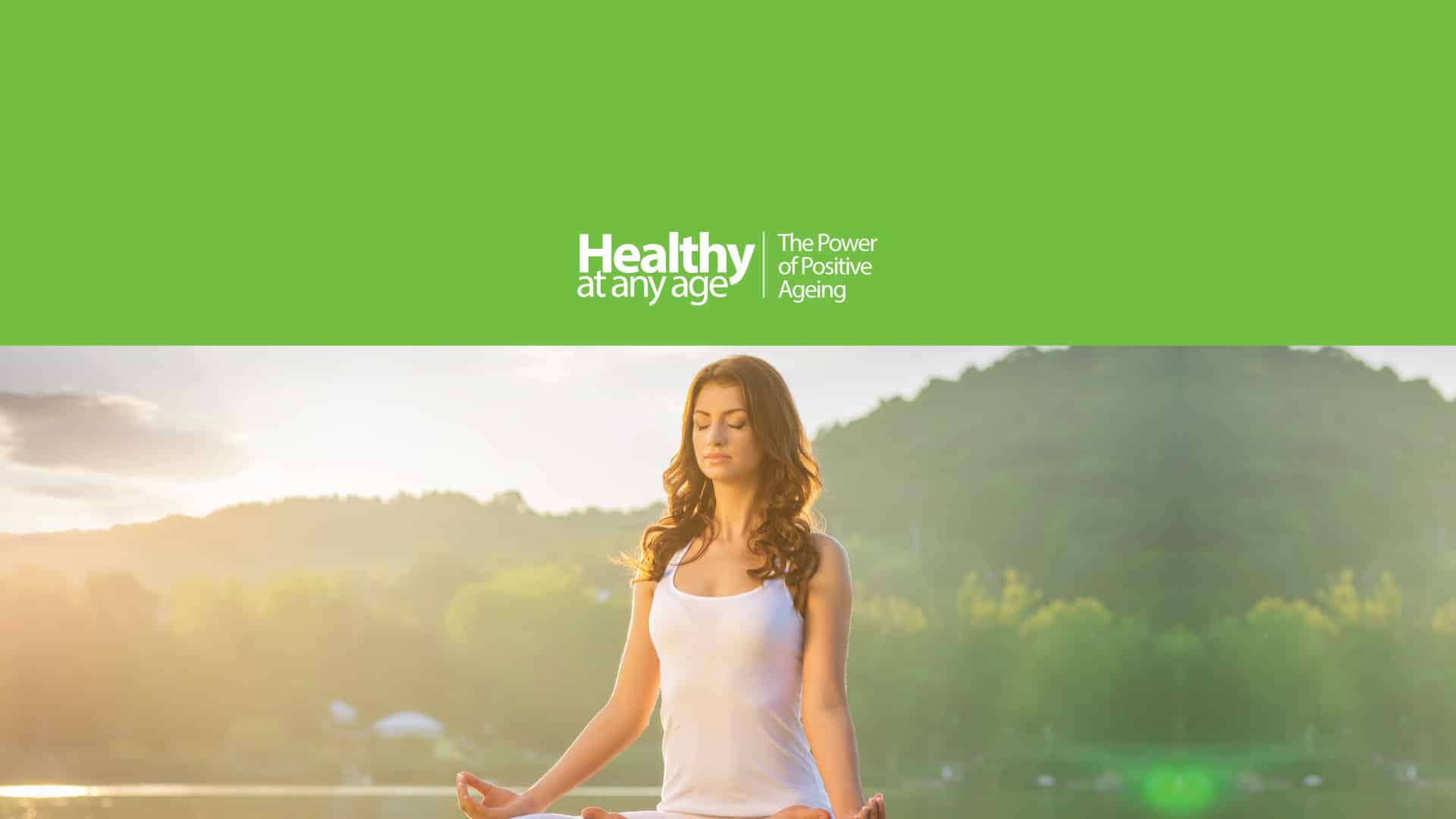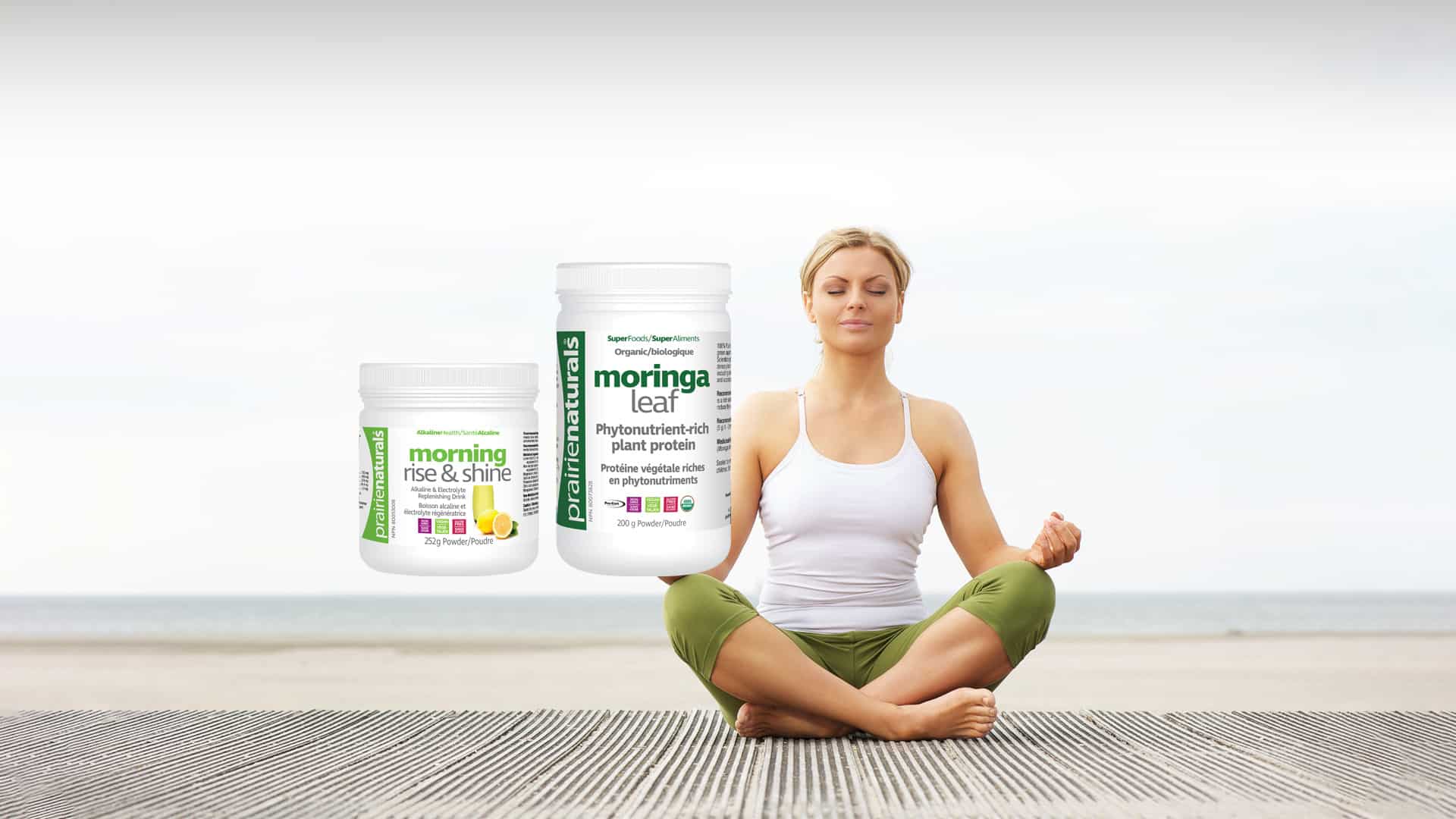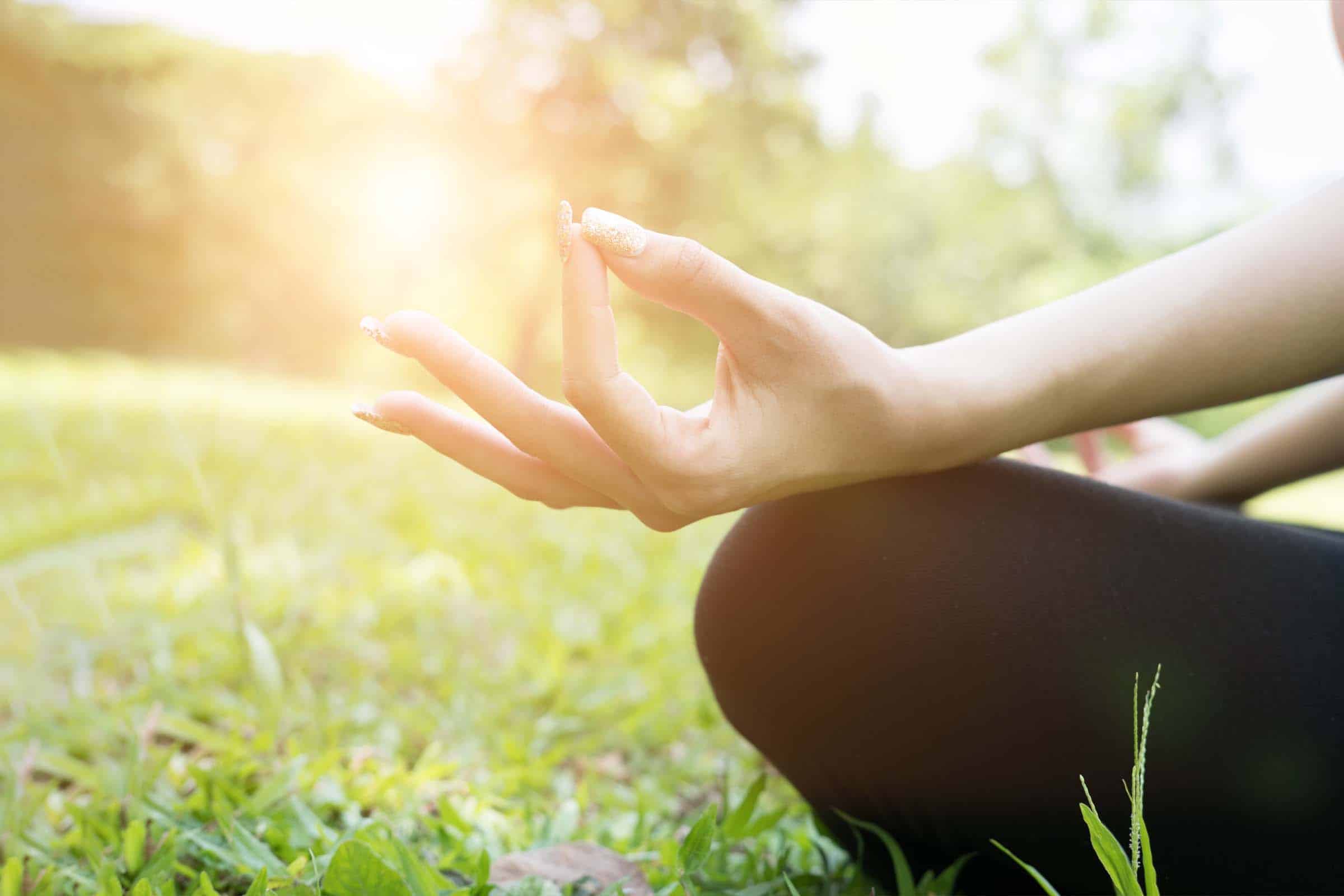RoseMarie Pierce earned her degree in Pharmacy from Dalhousie University in 1972. After extensive studies in herbal and nutritional medicine, RoseMarie integrated these disciplinary practices with her pharmacy education to become Canada’s first Holistic Pharmacist. She is recognized as one of Canada’s foremost integrated health spokespeople.
My immune boosting strategies include healthy lifestyle habits as well as consciously considering what I’m eating and drinking, as well as the supplements I’m taking on a regular basis. I want to share my own easy to follow set of guidelines that may offer help to others during this pandemic.
Here are my recommendations:
1. I take 5,000 IUs of Vitamin D3 and 100mcg of Vitamin K2 twice daily with meals and fat-digesting enzymes (BileForce or KetoEnzyme).
During the Canadian fall, winter and spring months or if you have little UVB exposure, supplemental vitamin D is required to stay healthy. Adequate vitamin D is needed to activate the genes that produce 200-300 different antimicrobial peptides (AMPs). Increased production of AMPs destroys or inhibits the growth of microorganisms and suppresses excessive immune responses. Always take fat-soluble vitamins with fat-containing food for proper absorption.
2. I take two C-Force Ascorbate (755mg/cap Vit C) twice daily with meals and have vitamin C powder on hand for times when I might need to megadose.
Since they suppress immunity, sugars and sugary carbs should be kept very low. Follow a low carb, high fat, and medium protein diet along with additional vitamin C. Sugar may lead to depleted vitamin C levels. Many studies have demonstrated the usefulness of vitamin C against infections of various kinds. When sepsis (the body’s overactive and toxic response to an infection) occurs, the cytokine surge caused by sepsis is activated, destroying lung tissue. Early clinical studies have shown that vitamin C can effectively prevent this process. During the current novel viral epidemic which is considered a severe acute respiratory infection (SARI), randomized controlled trials on the clinical efficacy and safety of vitamin C are underway. Let’s not wait for the results!
https://clinicaltrials.gov/ct2/show/NCT04264533 Vitamin C Infusion for the Treatment of Severe 2019-nCoV Infected Pneumonia. Estimated Study completion: Sept. 30, 2020.
3. At the first sign of infection, I take 3 to 5 cups of warmed Citrus Soother over a 24-hour period and get plenty of rest.
When it comes to fighting infections, nothing has a more soothing and protective effect than a drink made with hot lemon, honey and ginger drink. Add the therapeutic, healing power of Vitamin C (500mg) and Vitamin D (1000iu), along with immune-boosting zinc (5mg), Elderberry, Lemon balm, and Echinacea root. Now you have Citrus Soother – a delicious, instant natural cold and flu remedy. It is well-known that drugstore medications for respiratory infections can acidify the body and have many adverse effects. Correspondingly, natural herbs and nutrients (Vitamins and the minerals) support the immune system, reduce stress and can help alkalize the body.
4. Both my husband and I take 3 mg Melatonin SL before bedtime. Neither of us experience restless or vivid dreams.
Avoid exhaustion and extreme exercise, both of which lower immunity and greatly increase one’s risk of serious reactions to viral infections. Attempt at least 7-8 hours of quality sleep each night. Yet even more important is living in balance with the natural circadian cycles – going to bed early and getting up early. If this is not possible, take 1.5 – 3 mg melatonin sublingually 30 to 60 minutes before bedtime. Melatonin plays a critical role in regulating the body’s biological clock and the research on melatonin and immune support is very convincing, especially in the elderly. Aging is associated with a decline in immune function, a situation known to correlate with increased incidence of cancer, along with infectious and degenerative diseases. “Melatonin has the potential therapeutic value to enhance immune function in aged individuals and in patients in an immuno-compromised state.”
https://www.ncbi.nlm.nih.gov/pmc/articles/PMC1325257/Melatonin, immune function and aging.
5. Every morning I take my urine pH reading, then make a 16 oz Morning Rise & Shine (lemon, aloe and alkaline minerals) drink adding 1 serving of AquaGreens powder as a boost to help fortify my morning drink.
Keep well hydrated and pH balanced by checking first-morning pH levels with pH paper and a drop of urine. One of the most effective and convenient ways to reduce the body’s level of acidity is saturate the body’s cells with an alkalizing electrolyte drink first thing in the morning, then throughout the day. Lemon juice added to water provides alkaline minerals as well as bicarbonate precursors in the form of citric acid. Citric acid can be converted by the kidneys into bicarbonate and used as part of its buffering system to help neutralize the acids that accumulate in the blood and body tissues. As a super-alkalizing agent, lemon juice plays an important role in cellular detoxification and energy production.
6. My morning coffee is the easiest method I’ve found to incorporate some extra nutrients into my diet. I can add a half scoop Bone Broth or Collagen powder, 1 tsp Fermented Turmeric powder and 1 tsp Fermented Maca powder and still enjoy the taste!
Of all the immune-boosting foods, Bone Broth stands out as a shining star with its blood building and immune cell rejuvenation properties. It is fantastic for reducing inflammation, helping to healing the gut as well as supporting a restful sleep. Next on my list are the brassica vegetables including broccoli, cabbage, cauliflower, kale, Brussels sprouts, turnip, radishes and Maca. Brassicas make an excellent addition to an anti-inflammatory diet to help alleviate inflammatory conditions such as asthma and arthritis.
RELATED ARTICLES



